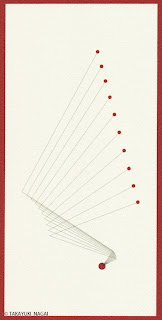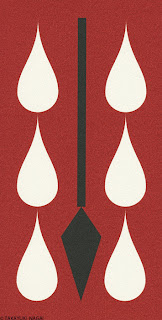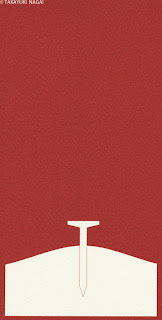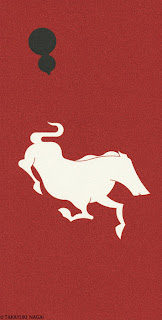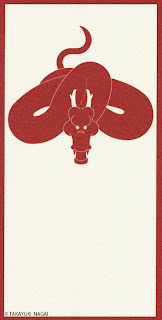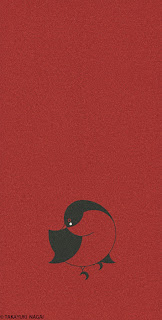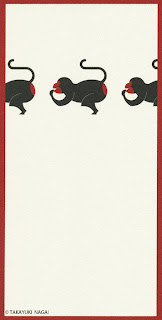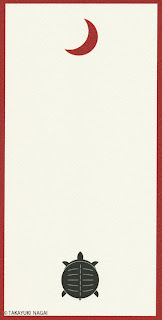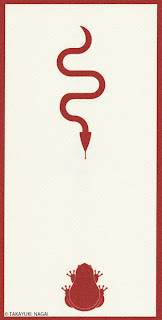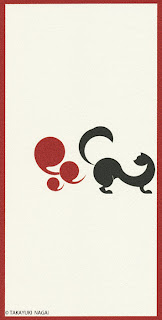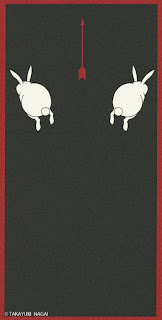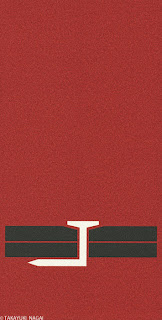
To make extra sure to avoid something wrong
To think carefully about the possible results or consequences before doing something
(Japanese)
The point of a driven nail is bended not to slip off.
釘の裏を返す
(English)
Look before you leap.
.
(Español)
Asegurarse al hacer algo, para evitar algo peor. Pensar cuidadosamente sobre las consecuencias o resultados, antes de hacer algo o actuar.
